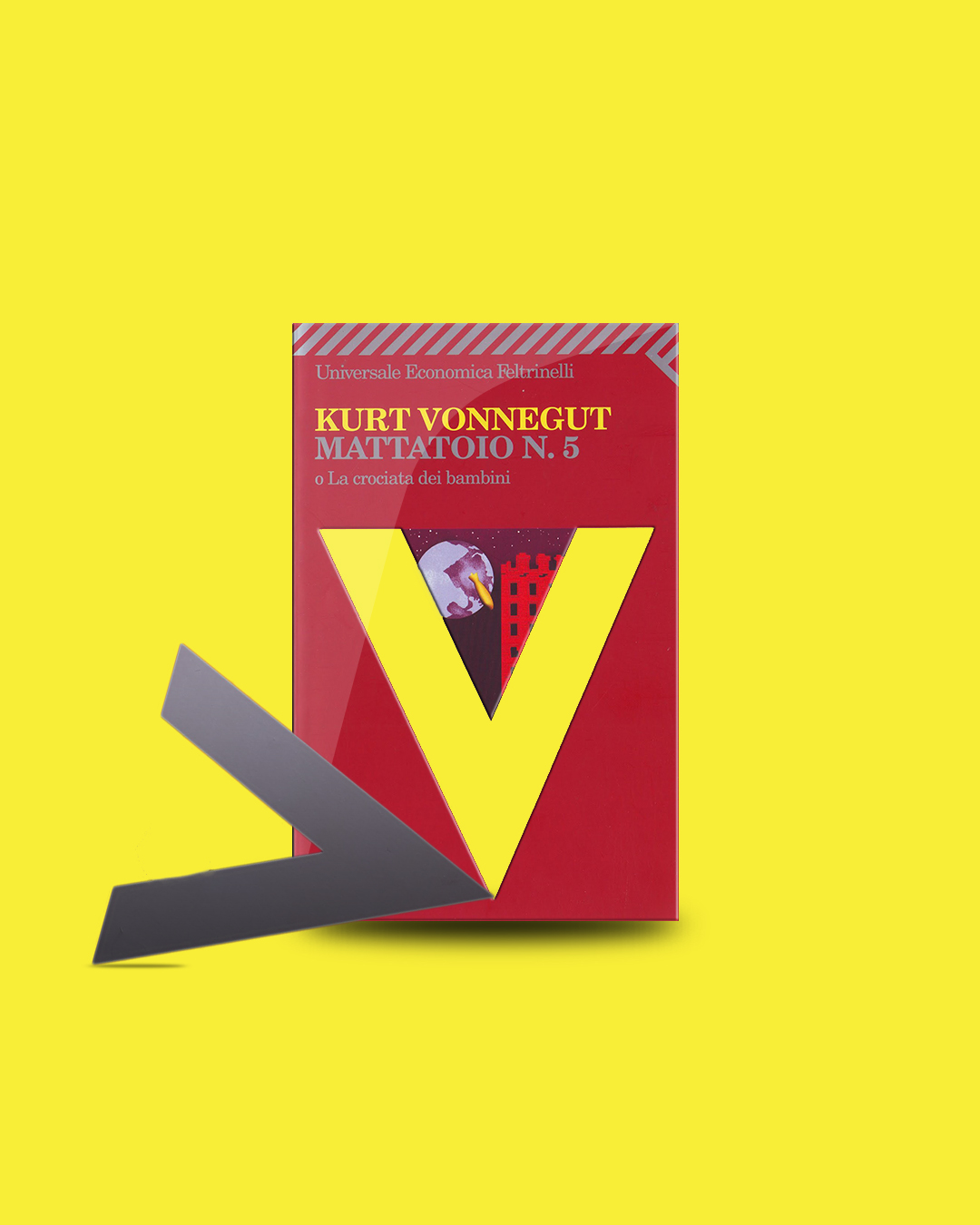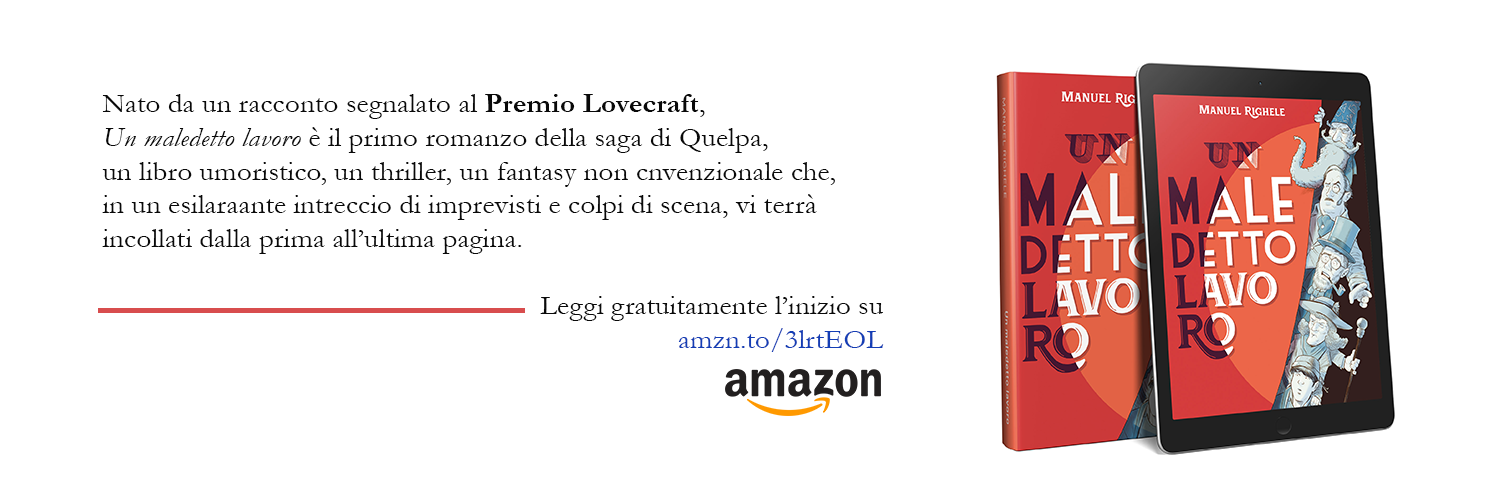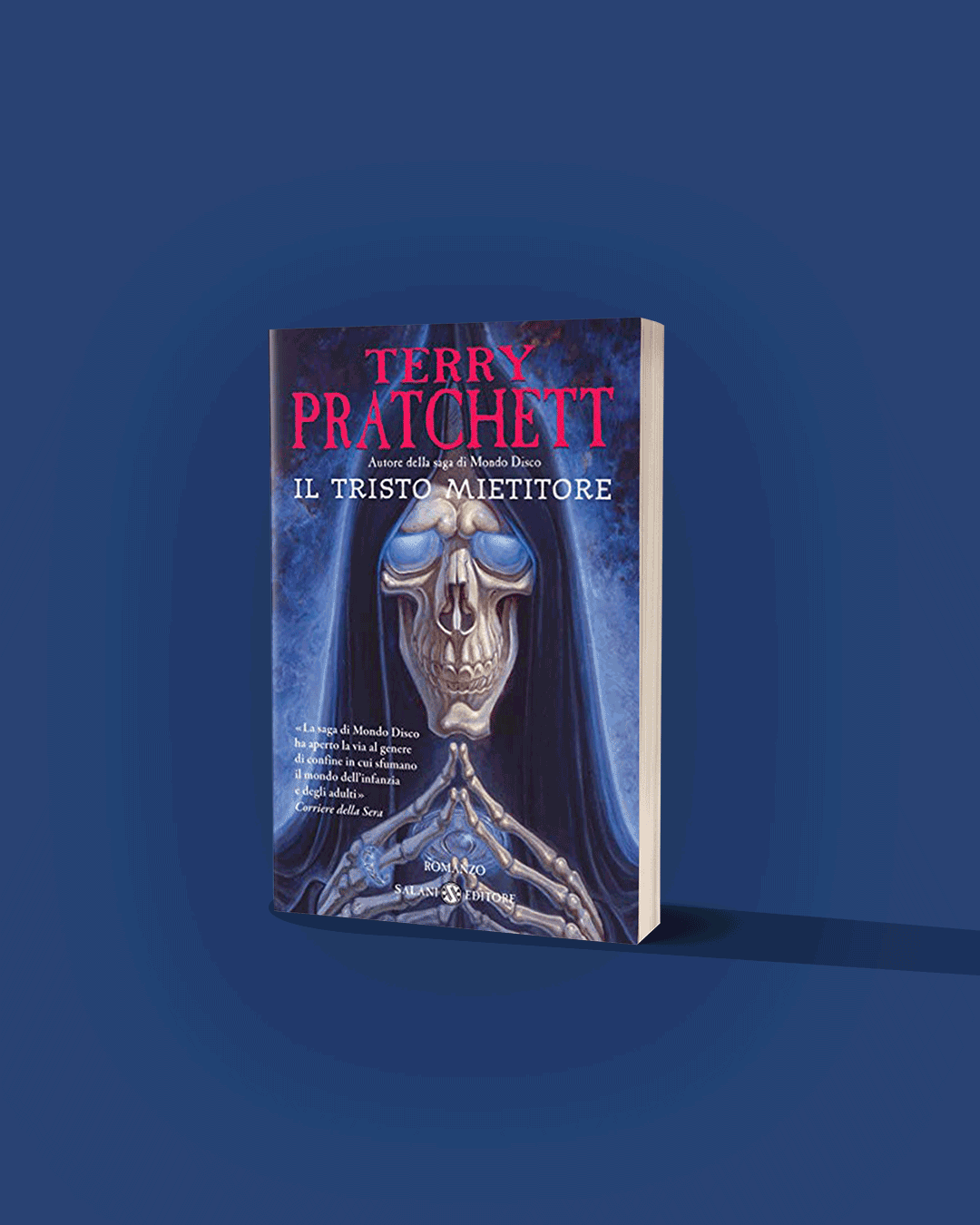In the heart of Magna-Polis the evening had already fallen. A crimson river turned the streets golden and lit the placid flowing of the river Vasto with a thousand jerks. Pale light flashes teemed against the frames and on the swaying signs, while a pleasant breeze ruffled the hair of those who were going home. The light wind glided on the water surface, swirled under the bridge arches and went whistling as far as the cloisters of Modal College; then it rushed southwards, smoothing the rich and winking of the buildings entering the oldest side of Quelpa, the Città Vecchia, and once it was halfway, for some inexplicable reason, it suddenly turned and stuck under the door of a peculiar shop.
The shop was at 33rd, Modal Street. It was a shop with a tiny shop-window and a solid oak door. A small string came down the abutment and a strange door bell shaped like a thumb was tied to its end. It was really pretty and perfectly unuseful, as it didn’t work, but opening the door was enough to make the rattles trill inside.
Those who came across this odd shop used to tell that apparently it didn’t look very different from a common antiques shop. In the shop-window many curious objects were on display. There were numerous books with worn out spines and tired bindings. Some of them were set open on well-shaped bookrests, showing yellowed pages and remarkable initial letters. There were furnishings of all sorts, small rocking horses finely decorated with bizarre arabesques, miniature merry-go-rounds, coins engraved with funny and peaceful faces. There you could find hand-painted tea sets, rag and ceramic dolls with fluttering tulle clothes and bun-styled hair. There were small elves carved on wood with sprightly cheeks and a clover planted on top hats, antiques and odd things that didn’t exist anymore or, as someone claimed, had never existed at all.
However, what seemed to have always attracted the attention of those who stopped in front of the shop-window was the great number of clocks hung everywhere. Grandfather clocks, pocket watches, water clocks, sandglasses and quartzglasses, watches with a glass heart and amethyst gears, spring clocks and wind clocks. Had someone watched well beyond that wall that stemmed time, they would have been able to see also some smoke rings rising in the semidarkness and a short man with a pointed chin, bald eyebrows and round rimless glasses always down on his nose, who was called Ardo Tempus and was the antiquarian. If you had asked around, everybody would have said to have sometimes seen the funny old man walking at a fast pace along the streets of Magna-Polis, although nobody would have ever believed somebody else telling them the same story. But everybody agreed on saying that antiquarian Tempus used to wander about fast and thoughtful.
That evening he was sitting at the desk in his shop with a turned-up chin and his glasses on the tip of his nose and he was handling some bulky dossiers.
The rattles hanging from the door trilled and on the door step appeared a shy little boy, who was holding his woolen hat. A forelock of dark hair showed on his forehead and two light blue eyes sparkled out of his hair like the morning frost. His cheeks full of freckles rimmed a fresh smile and didn’t seem to care about the austere and dark atmosphere that reigned in there.
Among the walls there were some serigraphs and numerous trophies some posters stood out and a daguerreotype portraying the antiquarian together with a shabbily dressed beanpole, with a long white beard and a funny cone hat. His light blue eyes flickered on a face which had been worn out by many winters, but a good-natured and cheerful expression gave him a pleasant look.
In the interstice between the frame and the glass there was also a manuscript sheet, on which the following words were written: To Ardo from his fectionate friend, illustrious wizzard Stregonus.
Not everybody, and not always, could read the inscription, because it had been written with unpleasant ink, a special ink the wizard had got with quinine and old dodderer bile, that made the writing visible only to those who could laugh at themselves. To those, who always took themselves too seriously, instead, the writing appeared different and said: Laugh abounds on fools’ mouths. And they laughed pleased with themselves.
Miro walked over. Ardo was immersed in reading.
“Hi grandpa” the boy greeted him.
“Mhmm,” replied the antiquarian.
A thick volume abandoned on the desk had immediately attracted his attention, so he had taken it in his hands and had started to flick through it. The binding was of solid brass and inside there were pictures and characters that did not appear to belong to any sign system worthy of being called an alphabet. It had been written with a lead pencil on bark sheets and, strangely enough, it was colourful.
“Courious” Miro observed.
Ardo hit him with a stern look. “Put that book down now,” he said.
“I thought…”
“You thought? It is encouraging.”
The antiquarian opened a drawer in the desk and pointed it out to his nephew. Without making a fuss, Miro slipped the book into it.
“I had never seen it before” Miro said.
Ardo closed the drawer. “Of course you had never seen it. I bought it only two hours ago”.
“What do you do with a book full of scribbles?”.
“Scribbles?” the antiquarian gave him a dirty look. “Anyone who reads this book is in danger of death, unless he is a patriarch or a scribe.” He paused. “They risk even worse,” he added. ”But… what you call scribbles is the most demanded mysticism compendium of all times. That book holds the secret for transforming poor metals into gold, the formula for the Essence of Eternal Success and the solution to the riddle of the Golden Donut. Marcus Flatus bought it from patriarch Nazarius and it took him twenty years to interpret its pictures and symbols”.
“Who’s Marcus Flatus?”
Ardo raised his eyes to the ceiling. “I wonder what you go to school for” he grumbled. “The greatest mystic of all times, that’s what he is.”. The antiquarian got up from the chair. “In any case, you mustn’t touch that book anymore, nor you must talk to anybody about it. Nobody must even suspect that book exists. They’d better continue confusing it with Unleash the eternal in you kept in the National Library in Sburgo”.
“I don’t understand” Miro goggled.
Ardo looked around in a suspicious way, then he puffed a turquoise whisper. “They say somebody has counterfeited an old incunabulum, by smearing it with circumlocutions and colourful concoctions and has passed it off as Marcus’s book.
“But who may have done something like that?”
“Er… Me of course”.






